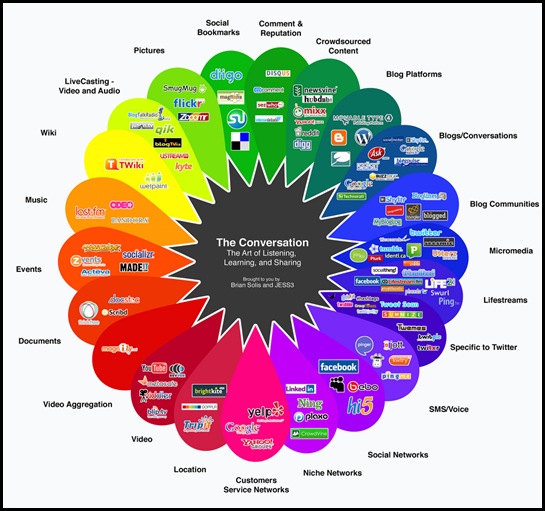1. A book, really – and a site that introduces it.
The Wonder of Whiffling is a tour of English around the globe (with fine coinages from our English-speaking cousins across the pond, Down Under and elsewhere).
Discover all sorts of words you’ve always wished existed but never knew, such as fornale, to spend one’s money before it has been earned; cagg, a solemn vow or resolution not to get drunk for a certain time; and petrichor, the pleasant smell that accompanies the first rain after a dry spell.
Delving passionately into the English language, I also discover why it is you wouldn’t want to have dinner with a vice admiral of the narrow seas, why Jacobites toasted the little gentleman in black velvet, and why a Nottingham Goodnight is better than one from anywhere else.
I am a sucker for things like this, and you can do a lot worse than to become interested in odd and curious words, and above all in the fascinating stories that lie behind so many words.
2. A good reference site for ESL teachers
It doesn’t hurt that this site is included there! 🙂 — 15 of the Best Blogs for EFL and ESL Teachers.
3. Ed Tech, e-learning, e-literacy.
There are some good posts on Barking Robot. For example: Study: Children Who Blog Or Use Facebook Have Higher Literacy Levels.
Research conducted by The National Literacy Trust on 3,001 children from England and Scotland showed that schoolchildren who blog or own social networking profiles on Facebook have higher literacy levels and greater confidence in writing…
Among the key findings:
- 56% of youth reported maintaining an active profile on a social networking site such as Facebook or Bebo, while 24% said they maintained their own blog;
- The study also found that 49% of young people believe writing is “boring.” However, 57 per cent of those who used text-based web applications such as blogs, said they enjoyed writing compared to 40 per cent who did not;
- 56% of youth who had a blog or profile on a social networking site (SNS) reported to be confident in their writing ability: 61% of bloggers and 56% of social networkers claimed to be good or very good at writing, compared to 47% of those who had neither.
- A total of 13% of children surveyed had their own website, 24% kept their own blog and 56 % had a profile on a social networking site like Facebook or Bebo;
- Social web activity was also credited with encouraging children to engage with more traditional forms of writing. Those who were active online were "significantly more likely" to write short stories, letters, song lyrics and diaries than those who had no online presence;
- The National Trust urges that kids should be encouraged to write blogs and use social networking sites like Facebook to improve literacy levels and encourage them to engage in writing…













You must be logged in to post a comment.